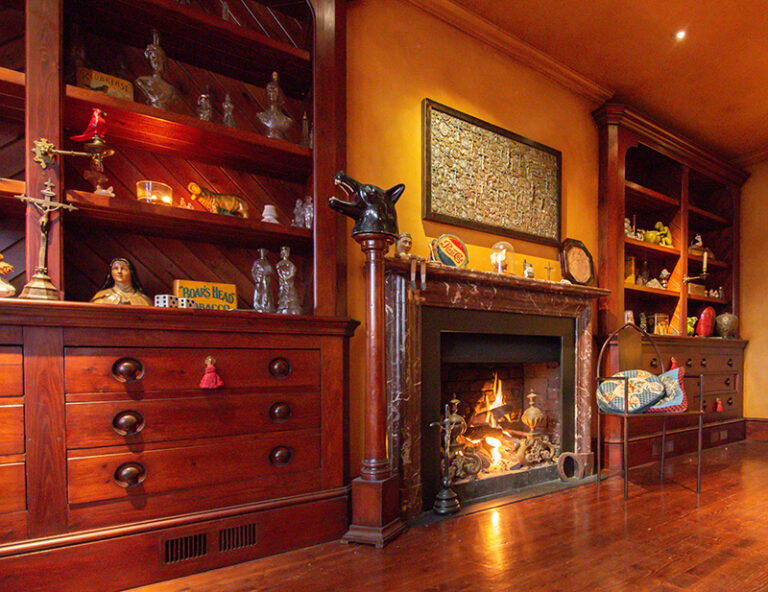As an executor of a deceased estate, the question of whether you can sell chattels before probate is granted is often asked. When a person passes away, estate accounts are frozen, meaning there often aren’t any funds available to pay for estate fees, solicitor costs, valuation costs etc that might be needed. So how can funds be accessed? Usually by selling assets and chattels from the estate.
The market might suggest it is a good time to sell, and you may be eager to consign an item to an upcoming auction. For those in a position where you are keen to sell before obtaining a grant of probate, the good news is that in most cases you will be free to do so, but you must obtain a probate valuation in the first instance.
If the estate clearly falls below the tax-free threshold set for inheritance tax, which is currently £325,000, you are free to sell chattels, regardless of whether probate has been granted. However, to avoid disputes further down the line between beneficiaries, family members, or even HMRC, be sure to keep a record of everything you sell, including relevant valuation reports, dates sold, and prices realised.
If the value of the estate is likely to be close to, or exceed the inheritance tax threshold, you will need to be careful with selling items before probate has been granted, and you must get a professional valuation beforehand. In this instance, it may be advisable not to act at all unless professionally advised.
Regardless of whether you are looking to sell before or after probate, to avoid running into difficulties with HMRC, you should always ensure chattels that are worth over £500 are professionally appraised before you sell. It is important you do not try to cut corners with this, as all valuations must be in line with the Inheritance Tax Act if you are to avoid potential problems later in the process.
Any valuations given by non-professionals or someone without the necessary credentials may be deemed inaccurate, and therefore unsuitable for inheritance tax calculation purposes. In extreme cases, HMRC may decide to formally investigate, and the executor could face penalties for negligence.
Therefore, always be as thorough as you can and seek guidance from a known professional if you have any concerns. A professional valuation from a reputable probate specialist will not only make the process of calculating inheritance tax easier and more accurate, but also help ensure any items bequeathed in a Will are correctly handled and distributed.
Being experts in their fields, the friendly team of probate specialists at Dawsons will provide you with accurate valuation estimates that are suitable for probate and inheritance tax calculation purposes, and they are always on hand with the professional guidance you may need at a stressful time.
All our valuations are fully compliant with HMRC guidelines and in accordance with Section 160 of the Inheritance Tax Act 1984. It should be noted that the above does not constitute legal advice, and we always recommend you employ a solicitor to handle the probate process for you.



